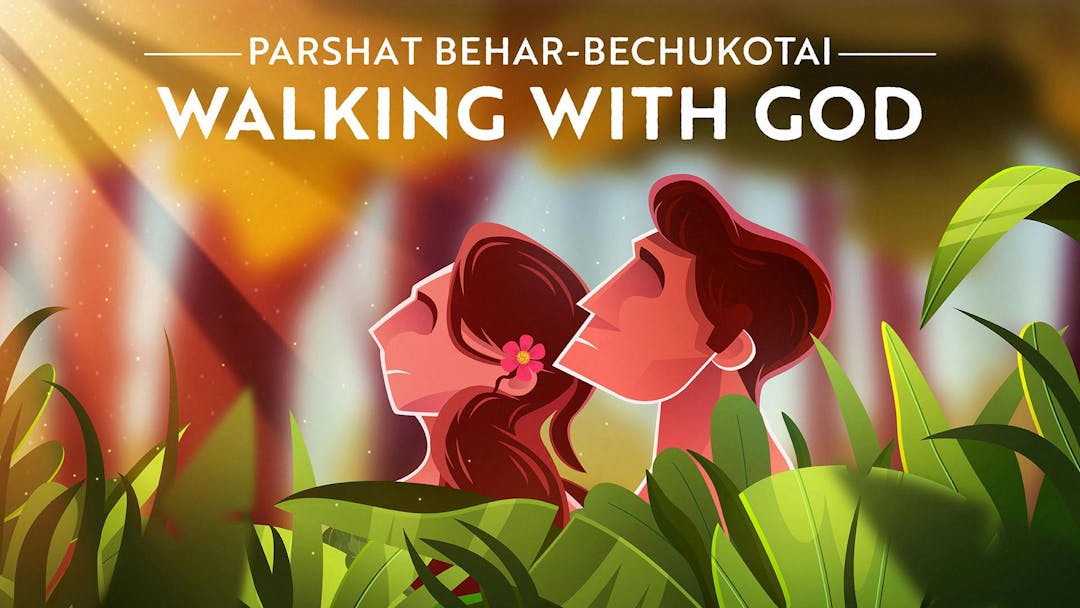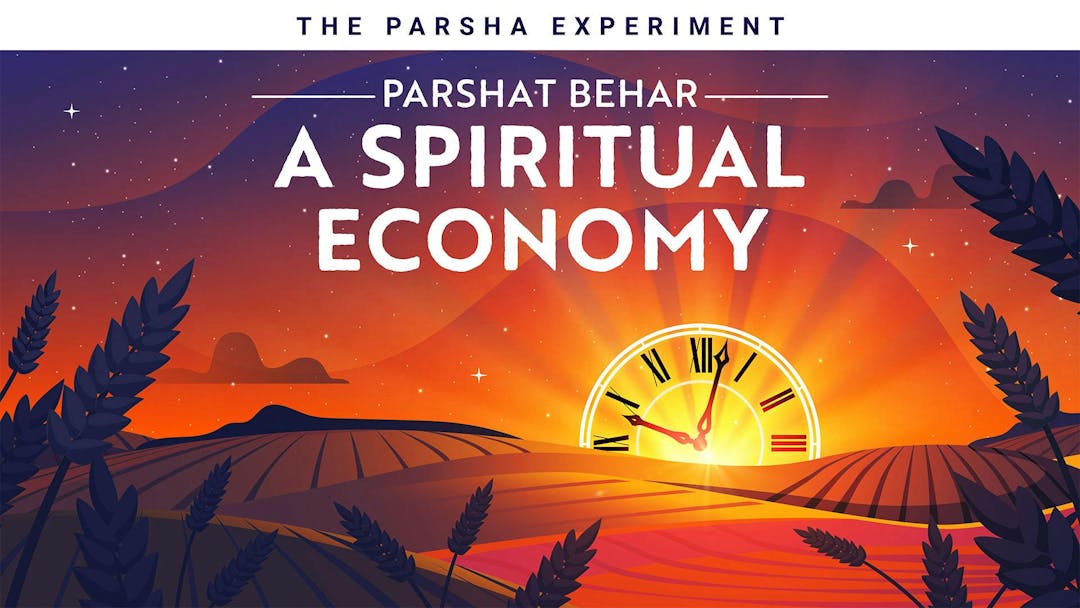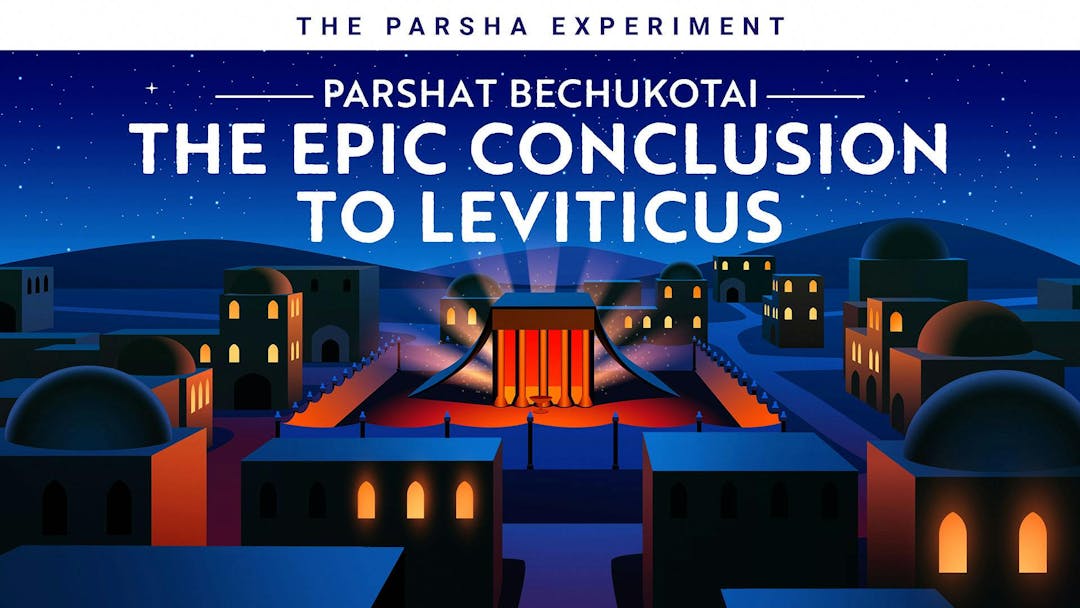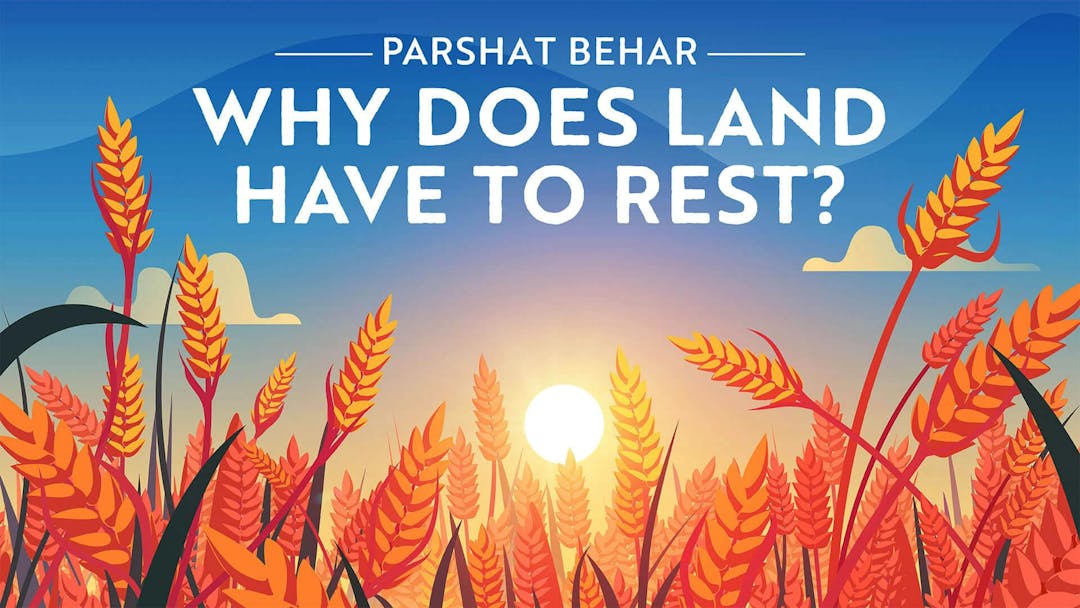Start your free trial today to unlock the full library and enjoy unlimited and uninterrupted access.
Get StartedWhy Would God Curse His People?
The Real Reason For God's Curses In The Bible
In this week's parsha, the Torah presents a stark choice: follow God and live, or abandon Him and die. Does this just reinforce God as a terrifying deity, or is there something more here?
It reminds us of one of the most catastrophic moments in the Torah: man’s expulsion from the Garden of Eden. The simplicity of life, the plentiful fruit, the chance to be close to God – all taken away, just like that. If only there were some way to get that back, to have a chance at that blissful existence and that closeness with God, once more.
Well, what if there was?
In Parshat Bechukotai, the Torah seems to deliberately drop hints that hearken back to the Garden. Clue after clue points us to a path to recreate that idyllic experience – and it all seems to rest upon keeping one specific commandment. That was a clue, by the way.
Through an analysis of language and a comparison to the Garden of Eden, Rabbi Fohrman shows us how "choosing life" will show us the way to cling to God. Watch this video and discover the path back to the Garden of Eden.
Want to watch the full video for free?
Enter your email and we’ll send you a link to watch the full series free.
What is Aleph Beta?
Aleph Beta is a unique kind of Torah library. Led by our founder, Rabbi David Fohrman, we are dedicated to high-level, textual Torah learning for adults that is intellectually and spiritually sophisticated, that enlivens your Jewish practice and helps you forge a deeper connection to God. Whether you’ve been learning in yeshiva for years or you’re just beginning your Torah journey, you’re sure to find something meaningful and surprising waiting for you here.
Browse our library of over 1,000 beautifully produced animated videos, podcasts, deep dive courses, and printable guides. Topics include the weekly parsha, Jewish holidays & fast days, laws & mitzvot, prayers, relationships, big philosophical ideas and more. Have something to say at the Shabbos table that will amaze your family and guests and bring deep meaning into their lives.












